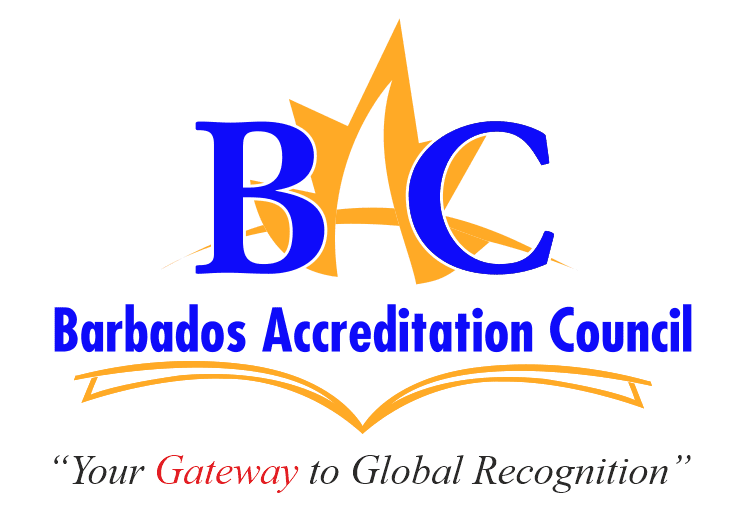Bridgetown, Barbados, October 25, 2018. Tertiary Education and training providers in Barbados, whether small or large, are being encouraged by their peers to get on board when the new qualifications framework that recognizes all forms of learning in Barbados is rolled out next year.
The Barbados Qualifications and Credit Framework (BQCF) is an ambitious initiative falling under the country’s Human Resource Development (HRD) Strategy. It aims to ensure that formal, informal and non-formal learning that people living in Barbados gain is certified and recognised, not just here but overseas.
A workshop was hosted recently by the Barbados Accreditation Council (BAC), which is managing the Framework, for training and education providers to review the guidelines for implementing the BQCF. There, the educational providers gained first-hand knowledge on the regulatory requirements that will have to be met for recognition of their qualifications on applying for Registration.
Providers seeking Registration will have to provide the Council with evidence of meeting a set of criteria related to: governance and mission, admission policies, educational programmes, staffing and professional development, learner assessment and certification, learner support services, physical plant and equipment, learning and information services, laboratory/workshop facilities, finances, and institutional plan.
Regarding the benefits of the BQCF, Henderson Thompson, Director of the Barbados Vocational Training Board said that it was critical for his organisation. “We look after competency-based training for trainees and apprentices seeking vocational jobs so having this Framework and knowing where their qualifications would be pitched is critical. They would want to know how they can progress through the whole system.”
He added that the Framework would also facilitate working with quality standards. With regards to benefits for the wider society Mr. Thompson noted, “We’ll have a cadre of well-trained people to work locally, regionally and internationally and we can benchmark our standards with international standards.”
